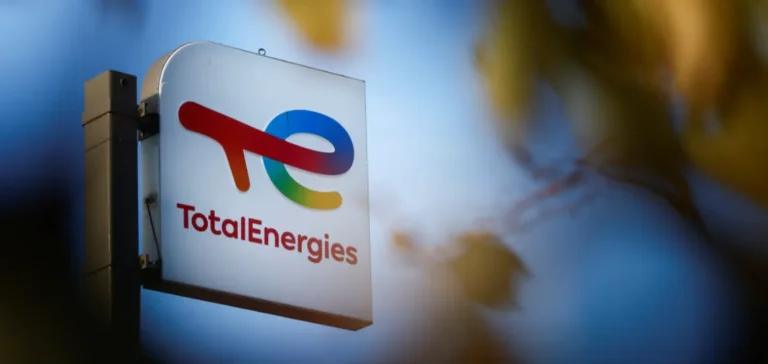A ruling in South Africa has invalidated the authorization granted to TotalEnergies for a drilling project off the Cape coast. The decision refers to an exploration block covering about 10,000 square kilometers, which had been approved in 2023 by the Ministry of Environment. Judge Nobahle Mangcu-Lockwood stated that the procedure must be reviewed, specifying that the company may submit a new application after public consultation.
A project supported by several partners
The block in question is operated by TotalEnergies, in partnership with South Africa’s national company PetroSA and the British group Shell. These three major players had planned to carry out offshore oil exploration activities. However, the project was challenged in court by several local associations, arguing a lack of transparency in the initial procedure.
The arguments of associations and legal implications
Among the organizations involved, Green Connection highlighted the fact that emergency plans in case of an incident had not been disclosed to the public before official approval. According to its legal representative, Shahil Singh, this lack of information prevented coastal communities from providing input during the process. Meanwhile, Natural Justice, a group of lawyers specializing in environmental law, considers that this ruling confirms the obligation for companies to comply fully with procedures before engaging in offshore exploration activities.
A regional context of renewed interest
Southern Africa is experiencing renewed interest in offshore oil and gas exploration. Neighboring Namibia has recently drawn attention from the sector following significant discoveries. Mozambique, further east, also ranks among the countries developing large-scale energy projects. In this regional context, South Africa is seeing a rise in exploration initiatives, despite regulatory and judicial constraints that extend implementation timelines.






















